Why You Feel Mentally Foggy After Cancer—And What You Can Do
For many people navigating cancer treatment, there’s an unexpected side effect that often goes unspoken, misunderstood, or dismissed—cancer-related cognitive impairment (CRCI), sometimes casually referred to as "chemo brain."
You might notice you’re more forgetful than usual. You lose your train of thought mid-sentence. You can’t focus the way you used to, or tasks that once came easily now feel foggy and overwhelming. Maybe you’ve found yourself wondering, “Is this normal? Is it just stress? Will it ever go away?”
Let’s talk about it—because you’re not imagining things, and you’re not alone.
What Is Cancer-Related Cognitive Impairment?
CRCI is a term used to describe the cognitive changes that can occur during or after cancer treatment. These changes can affect memory, attention, executive functioning (planning, organizing, multi-tasking), word-finding, and processing speed. It’s most commonly associated with chemotherapy, but cognitive changes can also occur with radiation, hormonal therapy, immunotherapy, and even the cancer itself.
Symptoms vary from person to person, but common complaints include:
Forgetting names, appointments, or why you walked into a room
Trouble focusing on conversations or reading
Difficulty multi-tasking or finishing tasks
Feeling mentally slowed down or "foggy"
Why Does It Happen?
The exact causes of CRCI are still being studied, but researchers believe it results from a complex interaction of:
Direct effects of cancer treatments on the brain
Fatigue, sleep disruption, or hormonal changes
Inflammation and immune response
Emotional distress, including anxiety, depression, and trauma
In other words, it’s real, it’s multifactorial, and it’s valid.
The Emotional Toll
Many people with CRCI find it distressing—not just because of the symptoms themselves, but because they’re often minimized or misunderstood. You might hear things like:
“You just need to rest more.”
“Everyone gets forgetful sometimes.”
“You’re done with treatment—shouldn’t you be fine now?”
These comments, even when well-meaning, can lead to shame, self-doubt, and isolation. You might question your competence, feel embarrassed in social or professional settings, or worry that you’ll never feel like yourself again.
As a clinical psychologist working with individuals navigating cancer, I see firsthand how CRCI can impact not just cognition, but identity—especially if you’ve always been someone who prides yourself on your sharp memory, multitasking, or independence.
What Can Help?
While there isn’t a one-size-fits-all treatment, there are strategies and supports that can make a real difference:
Cognitive rehabilitation: Exercises and strategies designed to improve or work around cognitive challenges (e.g., CogSMART)
Psychotherapy: Especially ACT or CBT, which can help manage the emotional fallout, develop self-compassion, and reduce avoidance behaviors.
Mindfulness practices: Can support attention and emotional regulation.
Lifestyle adjustments: Prioritizing sleep, nutrition, and gentle physical activity.
External supports: Using planners, reminders, and structure to reduce cognitive load.
Most importantly, you don’t have to push through this alone. Working with a mental health provider who understands the cognitive and emotional impacts of cancer can help you feel seen, supported, and empowered.
You’re Not Broken—You’re Healing
If you’re experiencing CRCI, please know: this doesn’t mean you’re lazy, broken, or “losing it.” It means your body and brain are recovering from a massive, complex experience—physically and emotionally.
Healing doesn’t always look like a straight line. Sometimes it includes detours through frustration, forgetfulness, and fog. But with support, compassion, and the right tools, you can find your way through.
You are still you.
And you are not alone.
References
Ahles, T. A., & Root, J. C. (2018). Cognitive effects of cancer and cancer treatments. Annual Review of Clinical Psychology, 14, 425–451. https://doi.org/10.1146/annurev-clinpsy-050817-084903
Asher, A., & Myers, J. S. (2015). The effect of cancer treatment on cognitive function. Clinical Advances in Hematology & Oncology, 13(7), 441–450. https://pubmed.ncbi.nlm.nih.gov/26353040/
Janelsins, M. C., Kesler, S. R., Ahles, T. A., & Morrow, G. R. (2014). Prevalence, mechanisms, and management of cancer-related cognitive impairment. International Review of Psychiatry, 26(1), 102–113. https://doi.org/10.3109/09540261.2013.864260
Myers, J. S. (2012). Chemotherapy-related cognitive impairment: The breast cancer experience. Oncology Nursing Forum, 39(1), E31–E40. https://doi.org/10.1188/12.ONF.E31-E40
PDQ® Supportive and Palliative Care Editorial Board. PDQ Cognitive Impairment in Adults with Cancer. Bethesda, MD: National Cancer Institute. Updated 11/25/2024. Available at: https://www.cancer.gov/about-cancer/treatment/side-effects/memory/cognitive-impairment-pdq. Accessed 08/15/2025
Von Ah, D., Habermann, B., Carpenter, J. S., & Schneider, B. L. (2013). Impact of perceived cognitive impairment in breast cancer survivors. European Journal of Oncology Nursing, 17(2), 236–241. https://doi.org/10.1016/j.ejon.2012.06.002
Portions of this post were generated with the assistance of AI to support clarity and organization. All content was reviewed and edited by the author to ensure clinical accuracy, alignment with current research, and sensitivity to the experiences of those navigating cancer-related cognitive changes.
